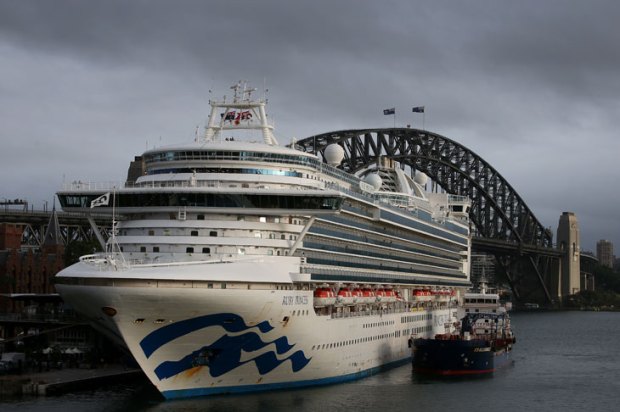Currencies will plummet, markets will crash and there will be rioting on the streets of capitals. Followed, perhaps, by the outbreak of war. Several times last week while reading about the possible consequences of Britain’s decision to leave the EU I had a powerful sense of déjà vu. But how can that be possible if Brexit is, as I was repeatedly assured, an event without precedent in my lifetime? Even more puzzling, why, if only half of such apocalyptic predictions are to be taken seriously, am I not particularly worried? Could it be because the whole thing has more than a whiff of another occasion not that long ago when we were assured by ‘experts’ and a credulous, parroting media that civilisation as we know it was on the brink of collapse? Could it be, in other words, because Brexit is the new Y2K?
Since the turn of the millennium there have been many other opportunities for the media to cry wolf. Ebola, Zika, melting ice-caps, the disappearance of bees. I don’t doubt that the some of the warnings prompted by such phenomena should be heeded. But it’s hard to do that when the catastrophes invariably fail to materialise. The default position of most of us now is to shrug and reach for the salt, and our apathy is vindicated when, two weeks later, somebody presents evidence which contradicts the prediction, casts doubt on the motives of the people who made it and undermines the credibility of colluding sections of the media. Like most Australians I was dismayed to read recently about the ongoing industrial-scale destruction of Great Barrier Reef coral. According to a survey carried out by the grandly named Centre of Excellence for Coral Studies the entire 2,300 km length of the reef is being killed by ocean acidification caused by rising ocean temperatures which in turn is caused by rising atmospheric CO2 levels caused by man-made greenhouse emissions. If we don’t do something about this very soon, says the CECS, Australia’s greatest natural wonder will be the only boneyard visible from space, and they illustrate this with photographs of bleached and evidently lifeless coral. Two weeks later the Oz carried a story about a marine scientist Peter Ridd being threatened with the sack by James Cook University for ‘failing to act in a collegial way and in the spirit of the institution’ by questioning the finding of this survey after visiting the same stretch of reef, finding it to be in rather good health and taking some very colourful photos to prove it. He might also have pointed out that the chemistry behind the original claim must be bogus, since, as any fool knows, rising ocean temperature would reduce, not increase, its acid content, and that there isn’t enough CO2 in the atmosphere to make any measurable difference to the ph levels of the world’s oceans. There have now been so many instances of the scare-mongery of environmentalist organisations being shown to be either groundless or poorly supported that it is becoming hard not to conclude that climate science is to real science what astrology is to astronomy.
Y2K, for the benefit of younger readers was a marketing ploy dreamed up by an ad agency towards the end of the 20th century. The warning then was that on the stroke of midnight on the eve of the new millennium, your expensive, state-of-art computer will turn into a pumpkin (so maybe you should rush out and buy another one now). The cartel of computer and software companies behind this outrageous fib knew that most consumers wouldn’t be stupid enough to fall for it so instead they briefed some public servants, who swallowed it hook line and sinker. I know this because I was writing government ads at the time. ‘Are you Y2K OK?’ was the catchy question we put to the good people of New South Wales. IT dummy that I was (and still am) even as I wrote it I had a strong suspicion that I knew the answer.
Ad agencies don’t bother with catchy slogans these days, of course. I’m not sure many of them even employ copywriters. I suspect the agency retained by the Daikin Air Conditioner and Heater company doesn’t. How else can you explain the grammar of the headline on one of their current billboards: ‘There’s joy in watching something grow. Your gas bill isn’t one of them.’ 0/10. See me.
The post Simon Collins appeared first on The Spectator.
Got something to add? Join the discussion and comment below.
You might disagree with half of it, but you’ll enjoy reading all of it. Try your first month for free, then just $2 a week for the remainder of your first year.













